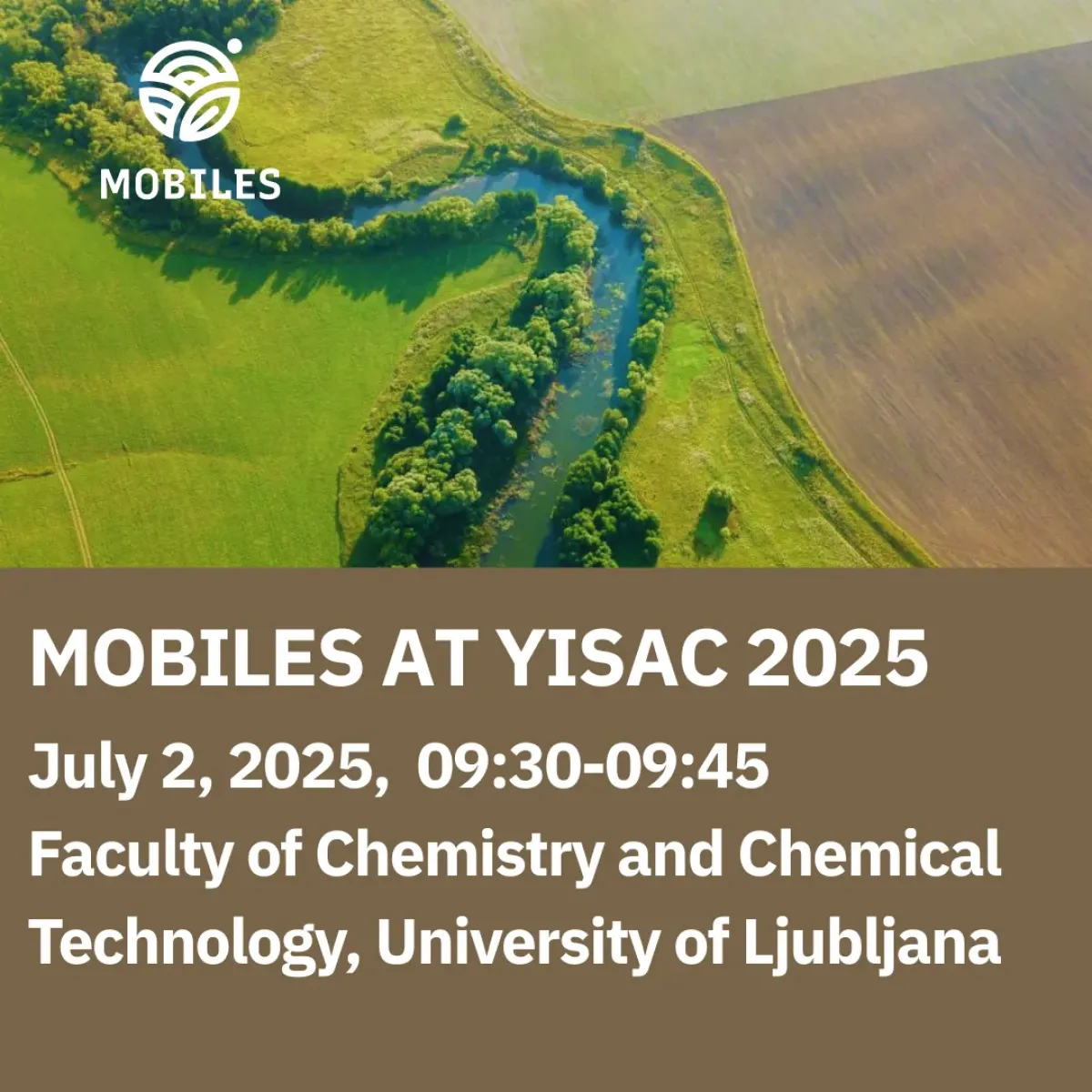
Carbofuran (CBF) is a pesticide used in crop protection that poses serious health and environmental risks due to its persistence and poor degradability. It can lead to contamination of both soil and water. Carbofuran acts as a fast-acting nerve agent, causing total paralysis, including paralysis of the respiratory muscles, which can result in death by suffocation. It is toxic when inhaled or ingested, irritates the eyes, and is highly toxic to aquatic organisms.
Although carbofuran is banned in many countries, including the EU, USA, and Canada, it remains legal and in use in several parts of Asia, South America, and Africa.
Residue levels of carbofuran in treated crops are generally low or undetectable; however, due to its chemical properties and persistence, drinking water—particularly from groundwater and surface water sources—represents a major route of human exposure. This underlines the urgent need for a sensitive and reliable sensor to detect CBF for environmental monitoring purposes.
Tijana Mutić from the Faculty of Chemistry, University of Belgrade, will represent the MOBILES project at YISAC 2025 – the Young Investigators Seminar on Analytical Chemistry, which will take place from June 30 to July 2, 2025, at the Faculty of Chemistry and Chemical Technology, University of Ljubljana, Slovenia.
Tijana will present research focused on novel sensor based on neodymium oxide (Nd₂O₃) nanoparticles, synthesized via a single-step hydrothermal method, which were used for the first time to modify carbon paste electrodes (CPEs), enhancing their electrochemical detection capability for CBF.
Detailed morphological and electrochemical analyses confirmed that incorporating Nd₂O₃ significantly improved the electrocatalytic performance of the electrode. The developed sensor demonstrated: a broad linear detection range, a low detection limit, a low quantification limit, and high sensitivity.
The sensor's practical applicability was validated through real sample analysis, achieving excellent recovery rates and confirmation via ultraviolet-visible (UV-Vis) spectroscopy, which is used to analyse the concentration and properties of molecules in a solution.
This study showcases Nd₂O₃-modified electrodes as a promising platform for effective carbofuran detection in environmental samples offering a valuable tool for safeguarding water quality and public health.
Poster: Design and synthesis of neodymium-oxide for effective electrochemical detection of hazardous pesticide carbofuran
Date: 2nd July, 2025
Time: 9:30- 9:45 AM
Location: YISAC 2025 – Young Investigators Seminar on Analytical Chemistry will take place at Faculty of Chemistry and Chemical Technology, University of Ljubljana, Slovenia.
Address: Večna pot 113, 100 Ljubljana, Slovenia